


Beijing Haidian District Daoxianghu School (abbreviated as “THISDL”) is a unique educational institution operating under a “One Campus, Three Schools” model. It comprises the Tsinghua Affiliated School for Children of Foreign Nationals, Daoxianghu School of Haidian District, and Daoxianghu Kindergarten of Haidian District. THISDL provides a dual-track K–12 education system integrating both international and domestic curricula. Located at No. 1 Ningcui Road in Beijing’s Haidian District, the campus spans 145 mu (approximately 24 acres), with a total construction area of 162,000 square meters.
Founded in 2020, the school currently serves over 1,670 students and is organized into three divisions: the Yingcai Integrated Division (focused on domestic university admissions), the International Division (for children of foreign nationals), and the Bilingual International Division (for international university pathways). Additionally, THISDL offers four distinctive talent development programs tailored for students with special interests or talents: the Music Innovation Program (MIP), Art Design Program (ADP), Science Innovation Program (SIP), and the PEP “π” Athletic Talent Program.
THISDL is the only officially authorized test center in Haidian District that offers SAT, TOEFL, and AP exams.

A good school should nurture students’ curiosity and imagination. It should not only help them discover their potential, but also support them in realizing it—lighting the path to their dreams.

They possess strong character and a healthy body; they are ambitious and talented, courageous in innovation and action-oriented. At the same time, they are committed to service and demonstrate a spirit of collaboration.

Education must consider the future, and how to assist students in becoming confident contributors to society. Students need to have empathy and flexibility. The core of empathy is the "willingness" to interact with others, the willingness to understand their perspectives, allowing others to have their individuality, and being respectful of differences. Flexibility means that your breadth of knowledge must be very wide, and that your experience mustn't be too narrow. Those who are flexible are unafraid of change; they know they can always explore "a new path." Apart from the curriculum, how do we respect a child's individuality? How do we center the education around the students? If a school does not respect a student's individuality, doesn't understand that students have differences, doesn't create some form of differentiation, and doesn't offer elective courses, that school isn't student-centered; it's institution-centered, conveniencecentered. Because to be student-centered, to respect a student's individuality, to provide students with many choices and platforms for development, causes inconvenience, which is why many schools fail to do so. Even though it's difficult, we still believe we must provide students with these platforms and must respect them. We have certain expectations of the students, but besides that, we must see what unique abilities each child has, what interests they hold, and what needs they have. Ultimately, we hope that all our students are ambitous in their goals, and maintain high expectations for themselves. Such children will ultimately be competitive because their self-esteem and self-understanding is deeper than others'.
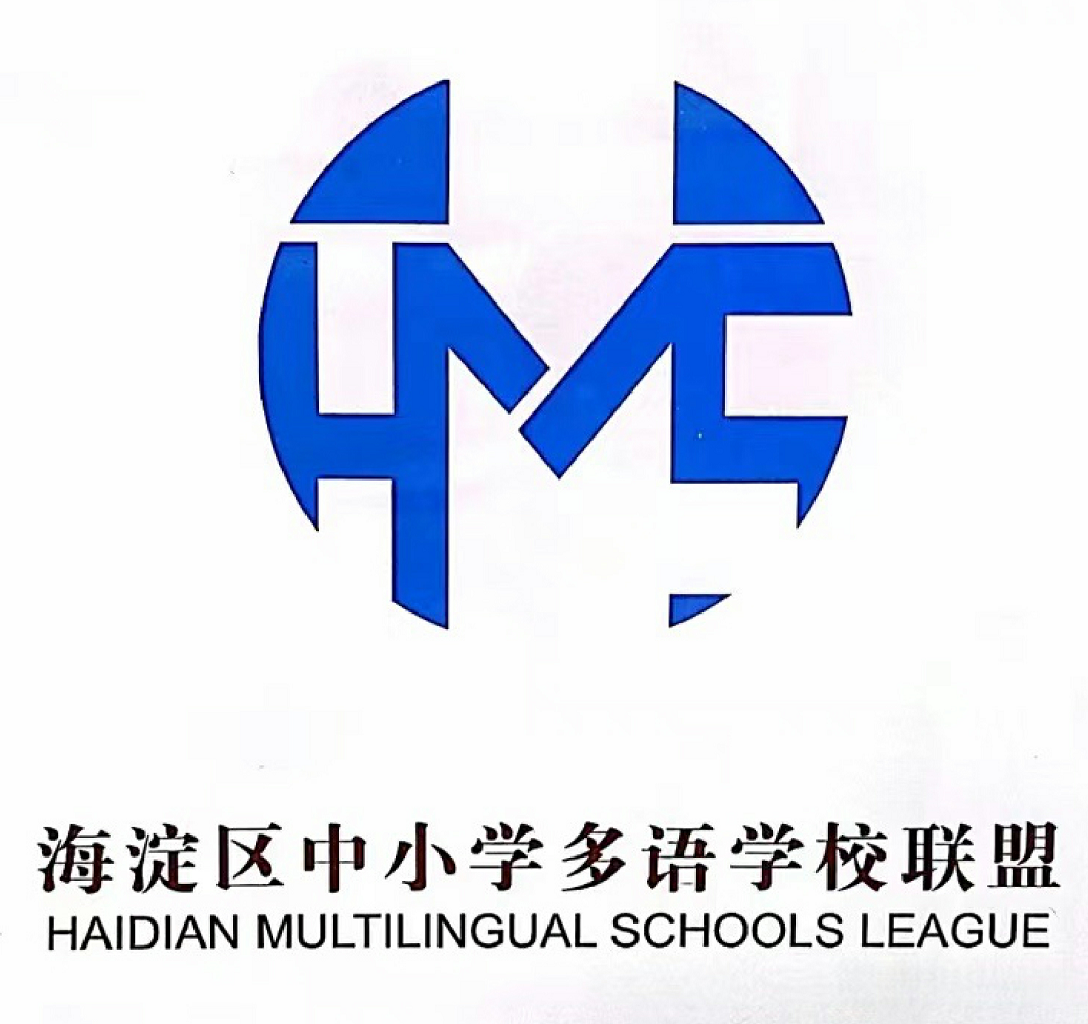
In 2018, Haidian District established a Multilingual Talent Development Program Alliance, joined voluntarily by 24 primary and secondary schools. The District Education Commission led the initiative administratively, while the District Institute of Education Sciences undertook the overall design and implementation of educational practices. Over the past five years, the alliance has achieved fruitful results and received widespread acclaim from the multilingual education community across China.

The full Chinese name of UTR (Universal Tennis Rating) is the Global Tennis Information Service System. Regardless of gender, age, or nationality, tennis players around the world are ranked on a single skill-based rating list according to their level of play. The UTR system aims to generate objective, consistent, and accurate tennis ratings, and it has become an official evaluation system used by U.S. colleges. UTR is now a key metric in the recruitment of student-athletes for college tennis programs, with all U.S. college coaches referring to an athlete’s UTR score during the admissions process.
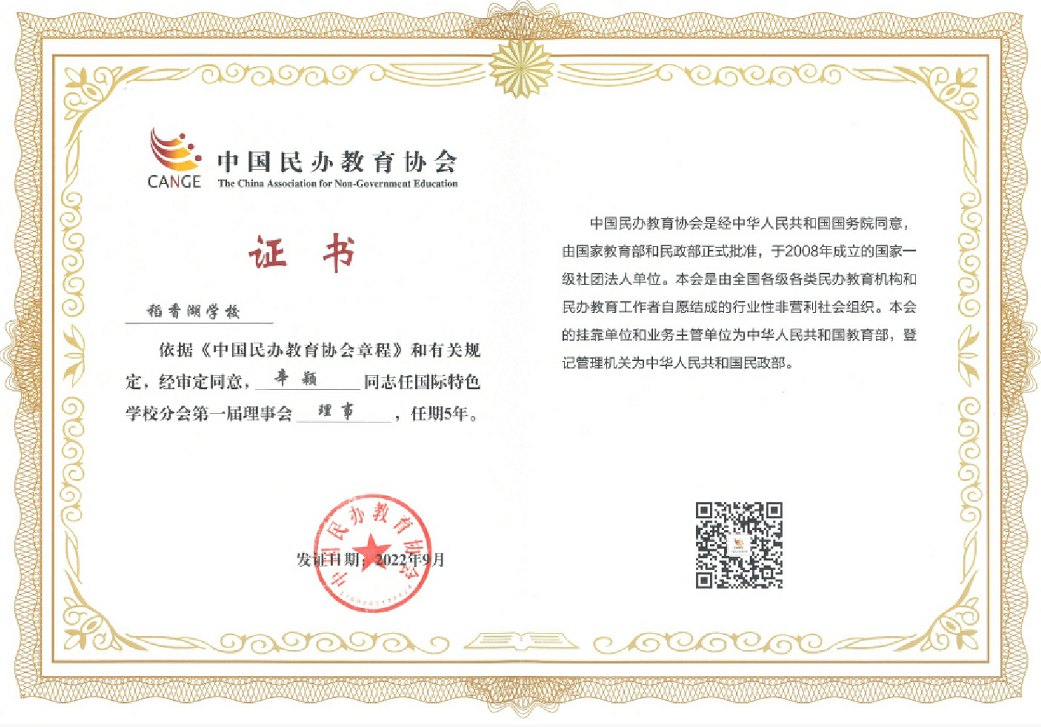
The China Private Education Association is a national first-tier social organization officially approved by the Ministry of Education and the Ministry of Civil Affairs in 2008, with the consent of the State Council of the People’s Republic of China. Becoming a governing member of this association marks a remarkable achievement in our school’s journey toward internationalization and serves as a significant milestone in elevating the level of our international education.
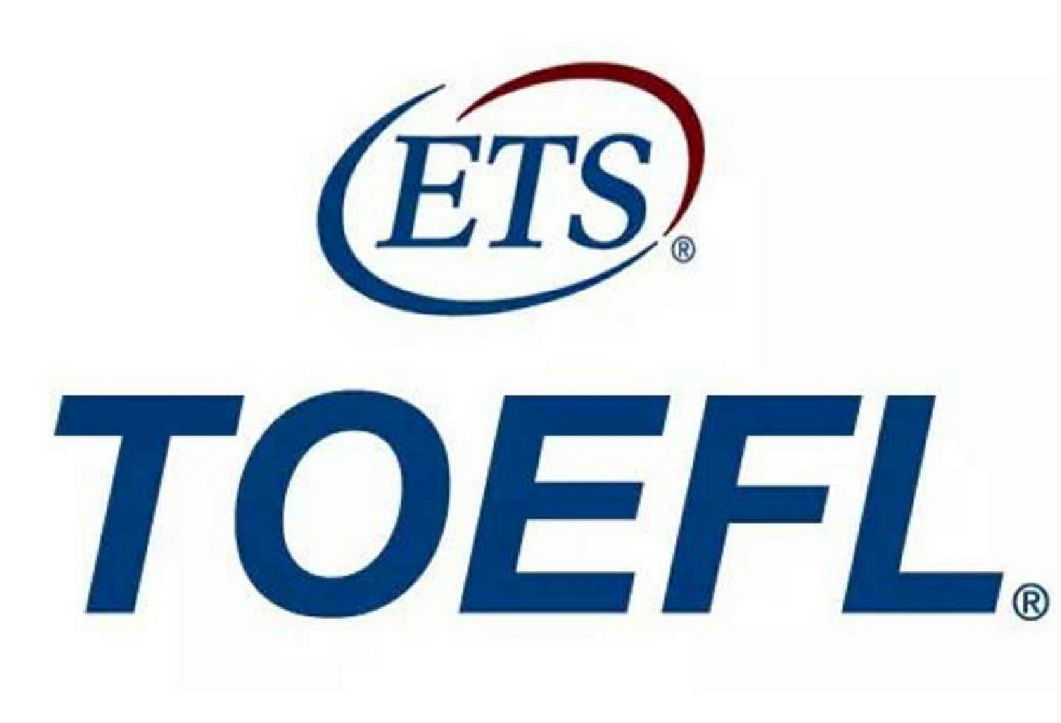
The TOEFL exam is one of the most recognized international standardized English proficiency tests. As a TOEFL test center certified by the National Education Examinations Authority (NEEA), THISDL enables its students to take the TOEFL exam directly on campus.
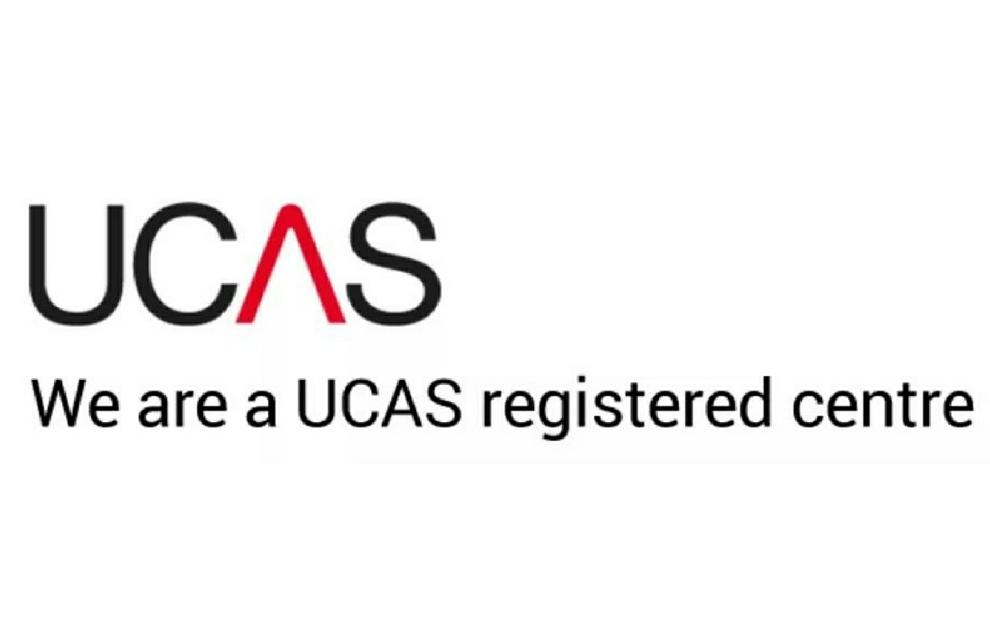
UCAS, short for Universities and Colleges Admissions Service, is the organization responsible for managing all university admission applications in the UK, providing centralized admissions services for all British higher education institutions. Becoming an officially registered UCAS center means that the school is trusted and recognized by UCAS. It gains access to the latest information on UK universities and their application processes, and is authorized to oversee and support students throughout their entire application journey. The school can also issue official transcripts and recommendation letters on behalf of students under its institutional name.
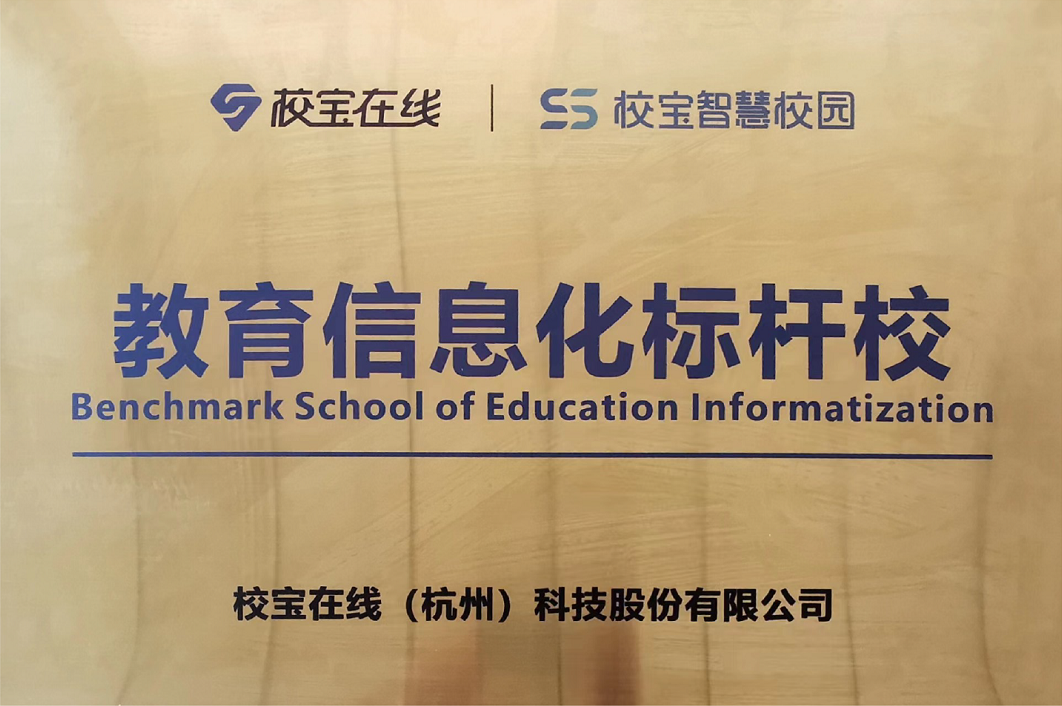
To accelerate the implementation of the Education Informatization 2.0 initiative and promote a shift from quantitative change to qualitative transformation, Xiaobao Online has partnered with top schools across the country to jointly develop “Model Schools for Education Informatization.” This initiative aims to explore future-oriented models for building and operating digital education systems, better meeting the demands of educational development in an increasingly digital society, and fostering a new ecosystem for education technology application.
In 2023, Daoxianghu School was officially recognized as a “Model School for Education Informatization,” dedicated to advancing digital education through industry collaboration, knowledge sharing, and coordinated development, jointly driving the modernization of education.
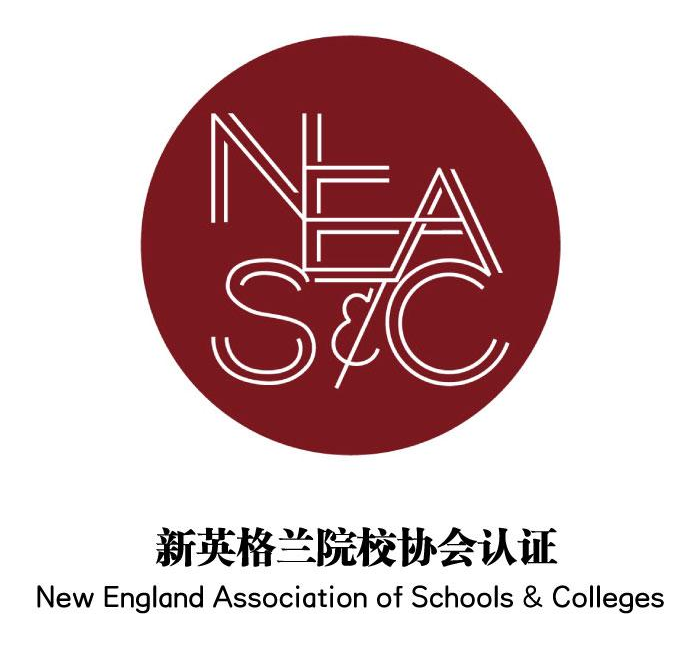
The New England Association of Schools and Colleges (NEASC), established in 1885, is the oldest and most authoritative educational accreditation organization in the United States. Its Commission on International Education (CIE) accreditation is known for its rigor, with only a select few schools worldwide having earned this certification. To date, only eight schools in China have been accredited by NEASC-CIE, six of which are exclusively international schools.
Daoxianghu School is honored to be the eighth school in China to receive NEASC-CIE accreditation. This distinction confirms that the school’s educational quality has reached an international benchmark. The school meets NEASC’s stringent standards in curriculum design, teaching quality, faculty, and campus facilities, providing students with a truly world-class educational experience.

With its authoritative curriculum system, comprehensive academic management, outstanding faculty, and exceptional student development model, the school has been officially accredited as an international school by Cognia, the world’s largest non-profit accreditation organization for international schools.
As the leading global accrediting body, Cognia holds educational quality evaluation data from tens of thousands of schools worldwide. Achieving Cognia accreditation signifies that the school meets international benchmarks aligned with global educational trends and challenges, standing alongside the world’s top international schools and joining the ranks of excellence in global education.
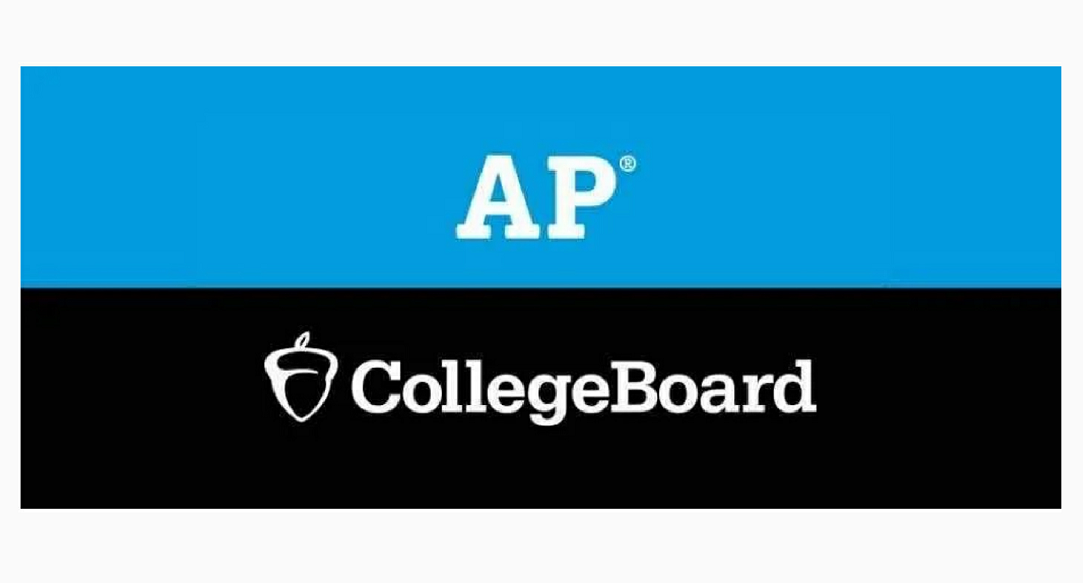
The CEEB code, established by the College Entrance Examination Board (commonly known as the College Board), is designed to prevent confusion and ensure that standardized test scores, academic transcripts, and application materials are accurately delivered to the correct institutions.